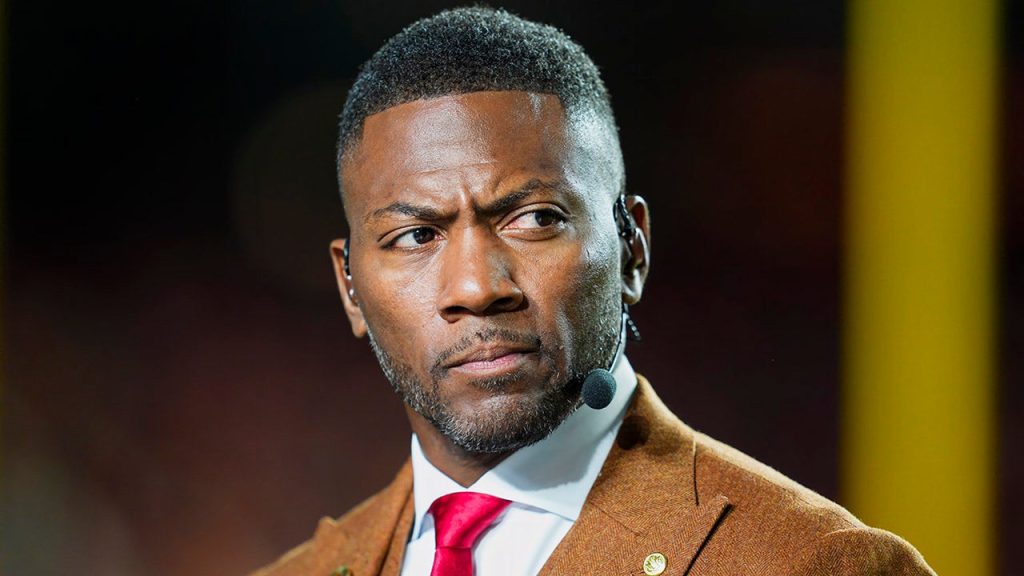Ryan Clark’s critique of the New England Patriots’ handling of the Rooney Rule during their recent head coaching search ignited a conversation about the effectiveness and integrity of the rule designed to promote diversity in NFL coaching positions. Clark, a former NFL player and current ESPN analyst, argued that the Patriots’ interviews with Pep Hamilton and Byron Leftwich, both currently unemployed, were merely perfunctory gestures to comply with the rule, rather than genuine considerations for the head coaching position. He contended that the Patriots, having already decided on Mike Vrabel as their preferred candidate, treated the interviews as a “token” exercise, undermining the spirit and intent of the Rooney Rule.
The Rooney Rule, established in 2003, mandates that NFL teams interview at least two diverse candidates for head coaching vacancies, a definition that now includes women. Clark’s assertion is that while the rule may have initially fostered opportunities for minority coaches, its current implementation often reduces it to a box-checking exercise, where teams conduct interviews simply to fulfill the requirement, not to genuinely consider diverse candidates. This, he argues, not only disrespects the coaches subjected to these superficial interviews but also trivializes the broader goal of promoting diversity within the NFL’s coaching ranks.
Clark proposed an alternative approach, suggesting that teams committed to hiring a specific candidate should be permitted to bypass the Rooney Rule by instead hiring a diverse coach for a lower-level position reporting directly to the head coach or offensive coordinator. This would provide valuable mentorship and development opportunities for aspiring coaches, building their resumes and preparing them for future head coaching roles. He believes this would be a more meaningful contribution to diversity than the current practice of conducting perfunctory interviews.
The Patriots’ decision to hire Vrabel, a former player with a strong history with the team and a successful coaching stint with the Tennessee Titans, wasn’t the primary focus of Clark’s criticism. Rather, his concern centered on the process leading to the hire and the perceived disregard for the spirit of the Rooney Rule. The timing of the interviews, conducted before the conclusion of the playoffs, further fueled Clark’s skepticism about the Patriots’ commitment to a genuine search. He suggested that the team had already made its decision and was simply going through the motions to comply with the rule.
This incident underscores a larger debate surrounding the efficacy of the Rooney Rule. While it has undoubtedly increased the visibility of minority coaches, questions remain about whether it has truly leveled the playing field. Critics argue that the rule can be circumvented by teams conducting superficial interviews without genuine consideration of diverse candidates. This, in turn, perpetuates the very disparities the rule was designed to address.
The conversation sparked by Clark’s comments highlights the ongoing need to evaluate and refine diversity initiatives within the NFL. While the Rooney Rule represented a significant step forward, its effectiveness is continually being reassessed. As the league evolves, so too must its strategies for promoting diversity and inclusion, ensuring that they remain meaningful and impactful in achieving their intended goals. The challenge lies in finding ways to move beyond mere compliance and foster genuine opportunities for all qualified candidates, regardless of background.

